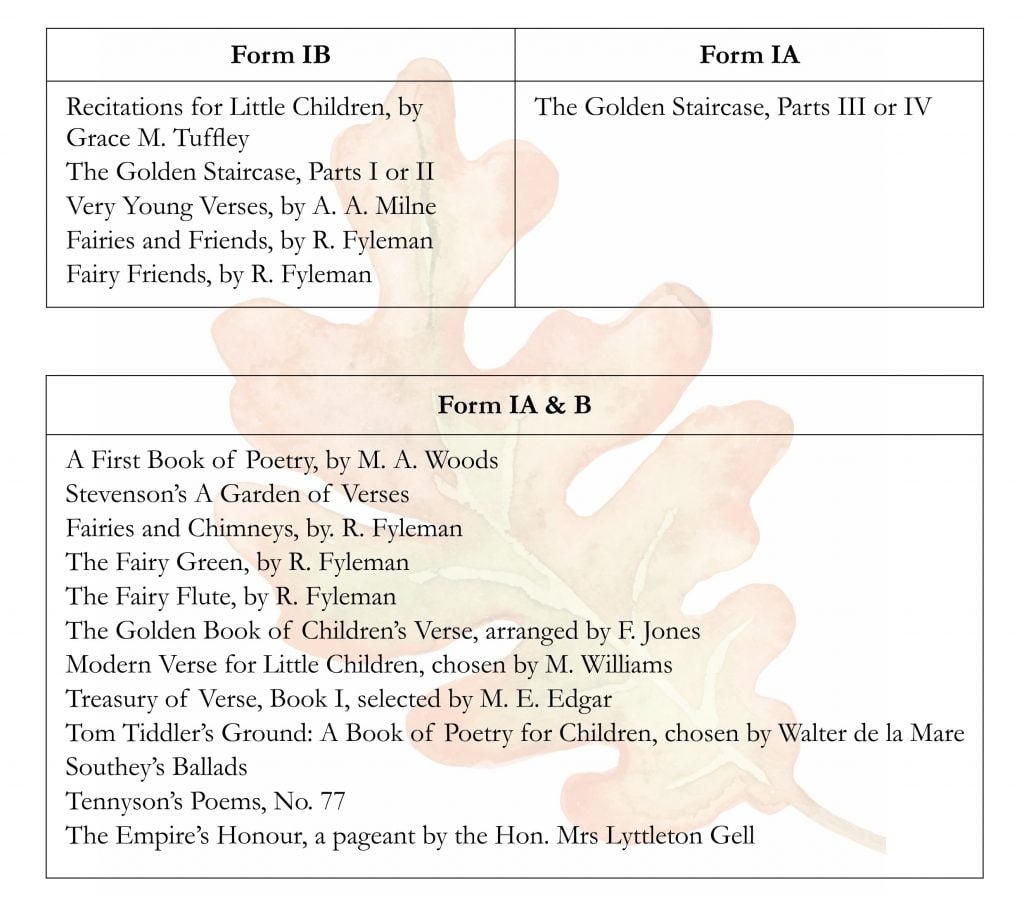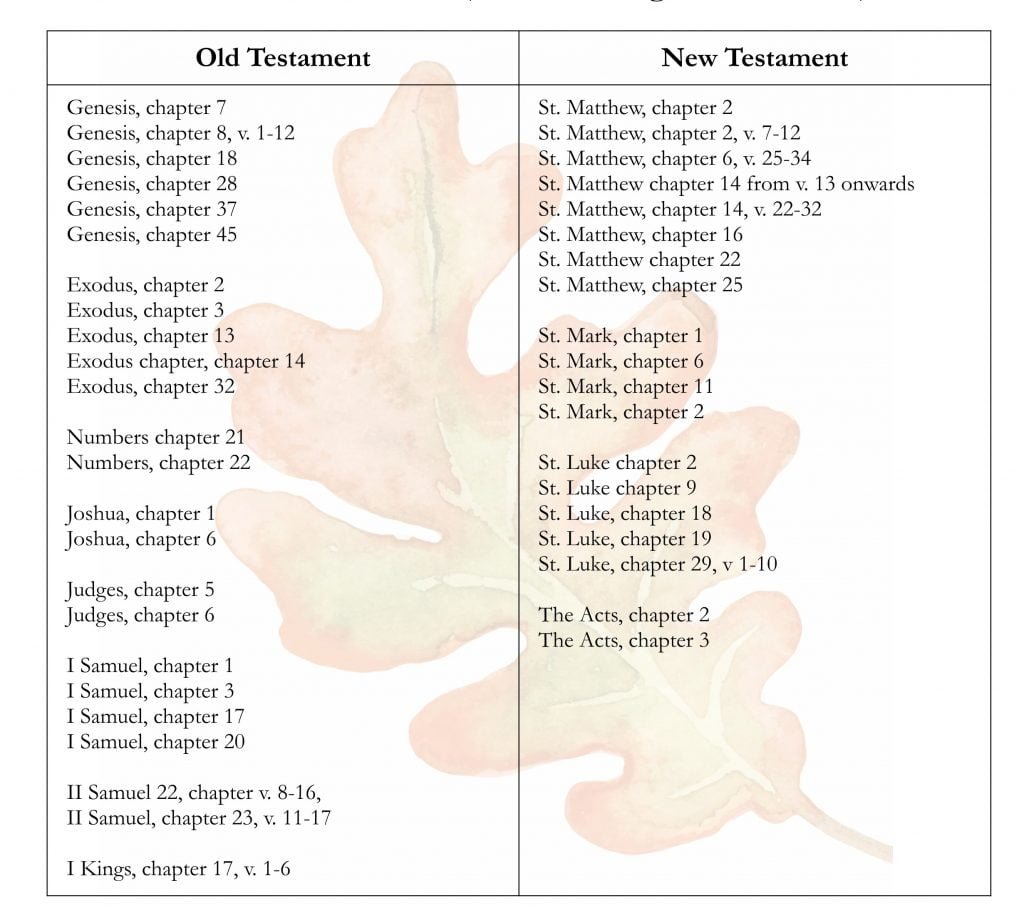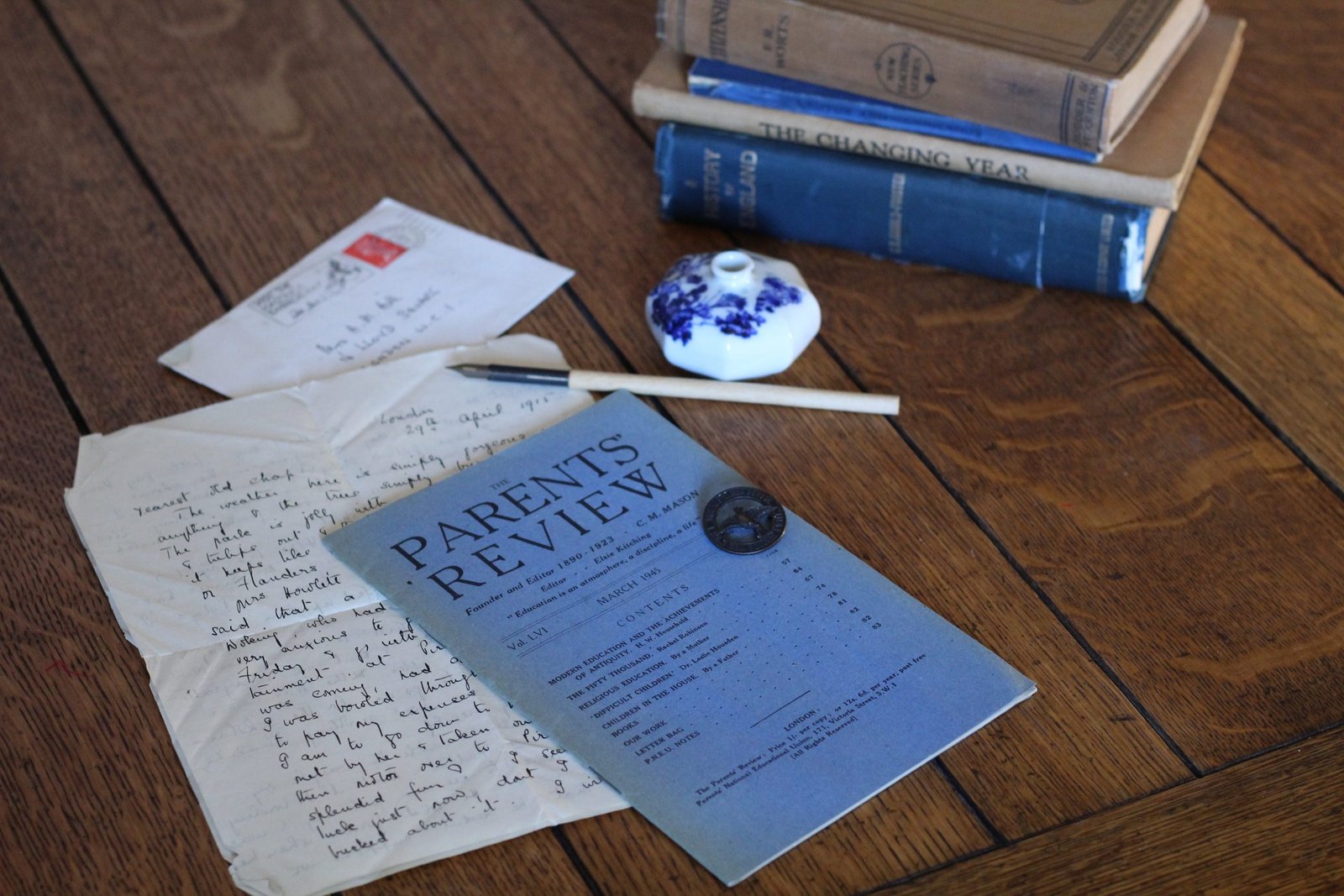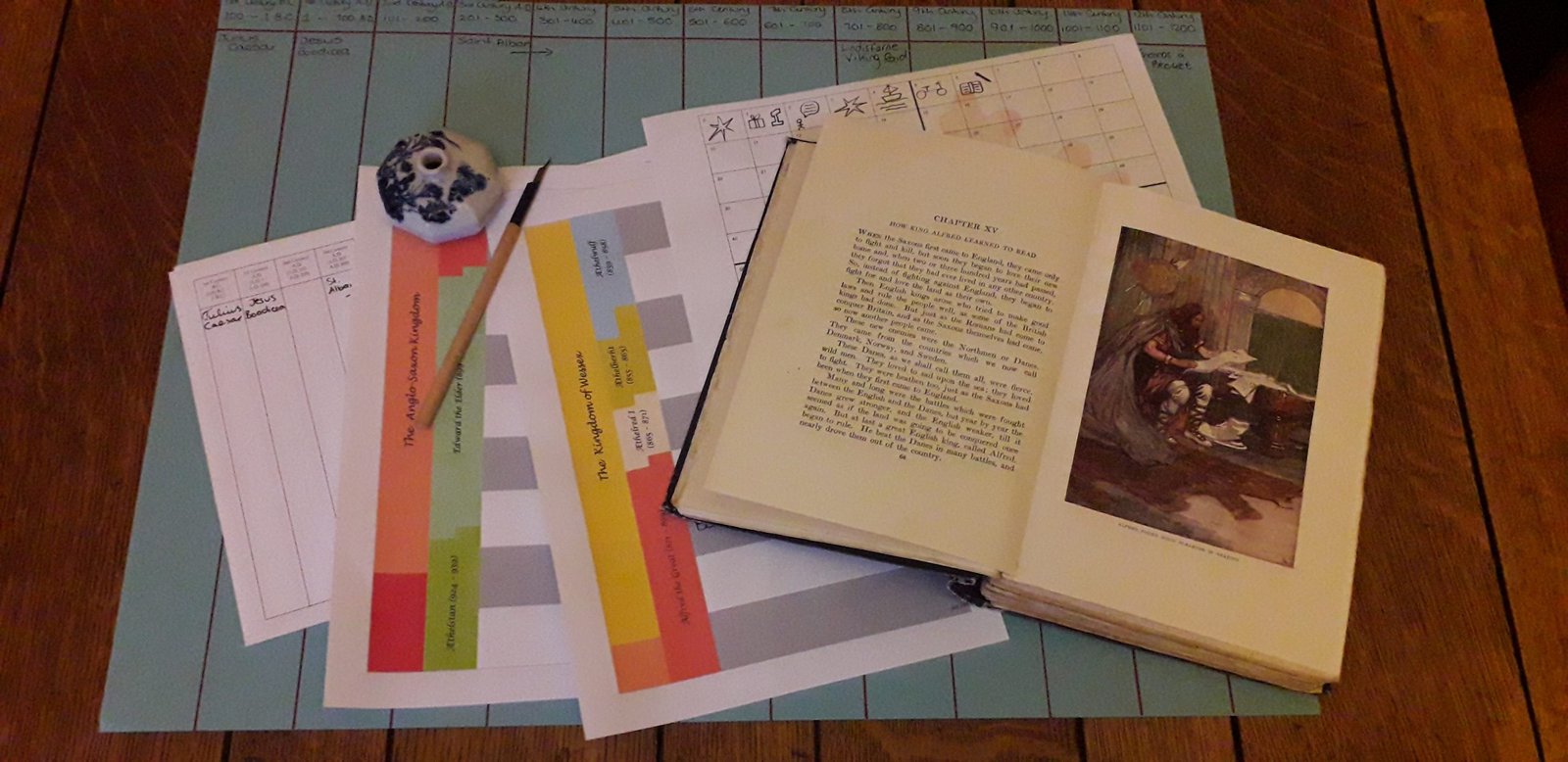“The child should speak beautiful thoughts so beautifully, with such delicate rendering of each nuance of meaning, that he becomes to the listener the interpreter of the author’s thought.”
[Vol. I, p. 223]
Scheduling
3–4 × 10 minute lessons a week.1 Generally speaking, one recitation passage2 would be taken per lesson. Each recitation lesson was assigned a particular category, as per the programmes’ categories laid out below.
Material covered
Each term during form I the students were assigned six individual selections to recite in their lessons. The selections taken were chosen within the confines of four distinct categories.
(a) Poetry
The students would recite one poem of their own choice. The programmes would often assign 1 or 2 poetry books to be read during the term; this reading was normally undertaken in the afternoon or evening.3
“[L]et the poems the child learns be simple and within the range of his own thought and imagination. At the same time, when there is so much noble poetry within a child’s compass, the pity of it, that he should be allowed to learn twaddle!”
[Vol. I, p. 226]
The poetry books assigned in the P.N.E.U are listed below; they are organised according to whether they were used in just Form IB, or IA, or across both form levels.

(b) Hymns
The students would recite (not sing) two hymns per term. During the Christmas term one or both of the selections may be Christmas hymns. Occasionally the programmes specified a particular composer to choose a hymn from (i.e. Heber or Koble).
(c) Psalm
One psalm was assigned per term.4 This was pre-determined and specified on the programmes. In Form I there was a nine-term psalm rotation, so conveniently one each term to take us through the entirety of the form.
The psalms assigned in Form I were as follows:

(d) Bible Passages
Two suitable passages of 6 verses each were selected from the term’s Old Testament and New Testament readings.
“The learning by heart of Bible passages should begin while the children are quite young, six or seven. It is a delightful thing to have the memory stored with beautiful, comforting, and inspiring passages, and we cannot tell when and how this manner of seed may spring up, grow, and bear fruit […]”
[Vol. I, p. 253]
The programmes, although not usually specifying the exact verses to be learnt, nearly always gave a chapter from the bible by which the passages would be chosen. Below is a list of the books from the Bible and the chapters that were specified in the programmes for the recitation selections to be taken from. These passages were of course taken in line with the text covered during Bible lessons. (Very occasionally an exact passage was indicated).

Further Reading
Ruminating on Recitation, by Maria Bell
Printables
Footnotes
- The 1908 P.U.S. timetable indicates three recitation lessons, whereas the 1928 timetable has increased this to four. [↩]
- As there are more recitation passages assigned as there are lessons per week, clearly there may be a need to cover more than one passage in a lesson or two during the week. [↩]
- In the ‘Suggestions’ pamphlet detailing work to be taken in the afternoons, it is indicated for poetry to be read “on the third reading day” (presumably Wednesday) during afternoon occupations. In other places it is suggested for poetry to be read daily (reference to be confirmed). [↩]
- In some of the later programmes after Charlotte Mason’s death the students were given the choice of reciting EITHER a psalm OR a hymn. [↩]








So would the recitation passage be read once a week all term? For example, Psalm 23 read every Monday for 12 weeks, Amazing Grace every Tuesday for 12 weeks, etc. Still trying to wrap my head around this…
Hello, Jessica, thank you for your question.
Yes, that is what can be surmised based on the original scheduling of Miss Mason, although personally I think there would have been room for teachers to approach it in a way that would work best for them. If you schedule the hymn for Monday and it takes three minutes to practice it I would be inclined to either go over it several more times or practice another passage in the remaining time. Of course if it’s a passage that especially resonates with your child you may want to practice it at other times of the day, too, don’t feel it has to be only read once a week, that’s not a hard and fast rule.
I definitely think you can make it work for you but I think giving each passage its own slot on the timetable would be beneficial to ensure it is recited at least once a week. I hope that helps you.